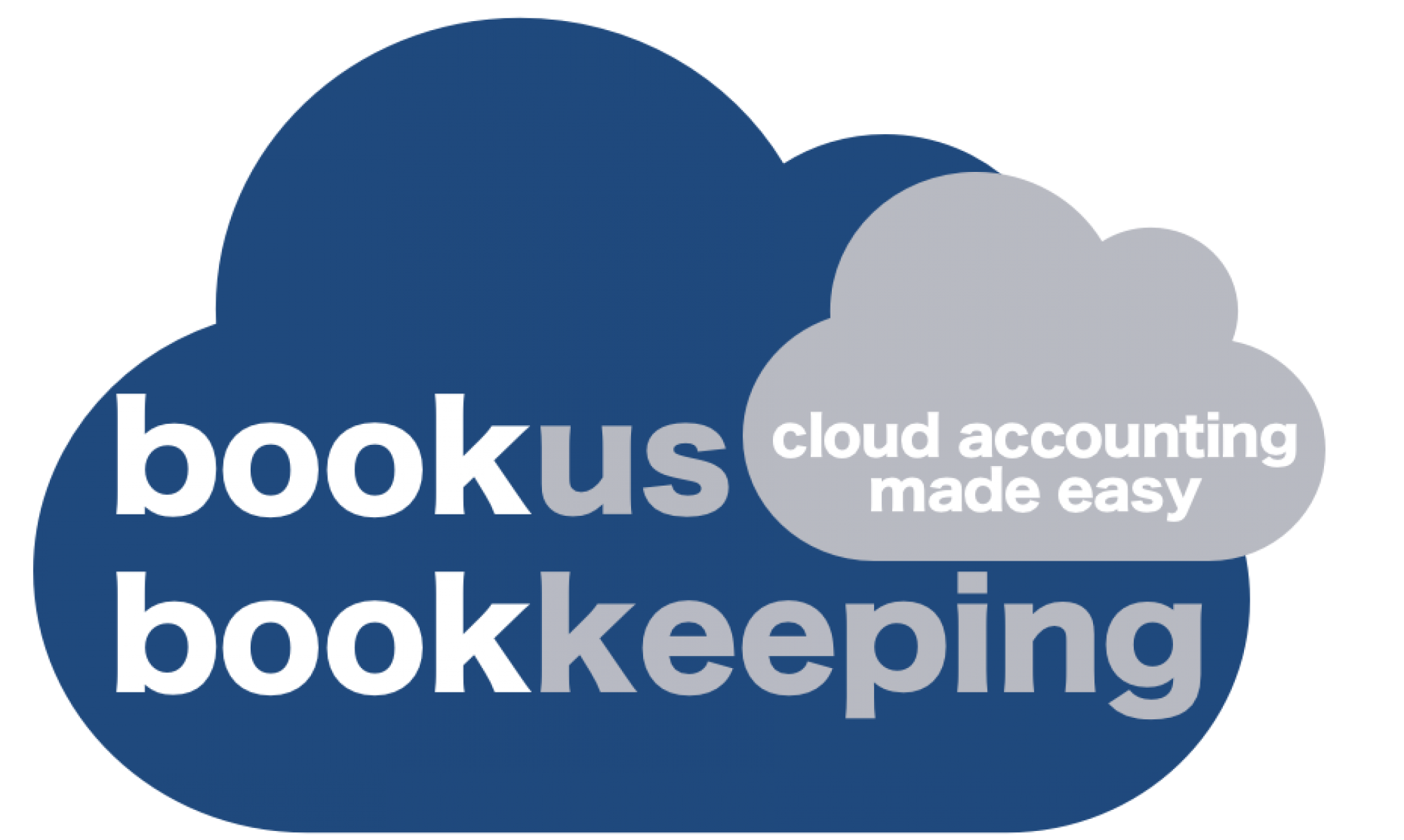The New South Wales Government launched an initiative ‘Dine
& Discover NSW’ to encourage the community to get out & about,
supporting dining, arts & tourism businesses & stimulating spending in
the economy. The scheme will initially invite customers to use these vouchers
with participating COVIDSafe businesses.
Each NSW resident aged 18 & over will be eligible for four
$25 vouchers worth $100 total to use at participating NSW businesses. They will
be divided into 2 categories – two of the $25 vouchers will be for use when
eating in a restaurant, café, bar, pub or club from Monday to Thursday,
excluding public holidays. The other two $25 vouchers will be for use with
entertainment & recreation including cultural institutions, live music and
arts venues and will be available 7 days a week, excluding public holidays.
To apply for the vouchers, participants must have a service NSW
account. Anybody can download the app and register for an account before the
vouchers become available. On the Service NSW website people will be able to
search for participating businesses where the Dine & Discover Vouchers can
be used. Vouchers must be redeemed in person at the participating businesses
and may only be used once. They cannot be used for retail, tobacco, alcohol,
gaming & accommodation.
As a small business, to be eligible, they must have an active
ABN and be GST registered, which will be validated through the ABR, operate in
NSW, be registered as COVIDSafe & have a COVID safety plan in place. The
business must also operate in one of the following industries: cafes & restaurants,
pubs, taverns, bars, wineries & clubs, scenic & sightseeing transport,
cinemas, museums, galleries & historic sites, zoos, botanic gardens,
wildlife parks & nature reserves, performing arts operations, theatre &
entertainment centres, amusement, theme & waterparks, recreational
activities e.g. go-karting, bowling, indoor climbing & mini-golf, outdoor
adventures, travel agencies & tours.
So if you haven’t already, get onto service NSW & check your
account, so you will be ready when the vouchers do become available.
